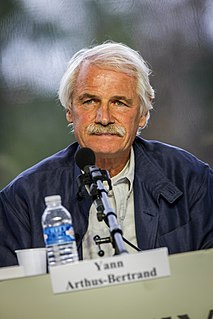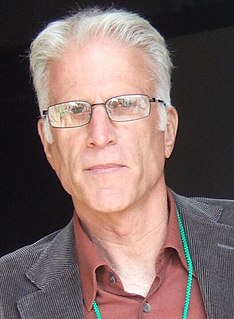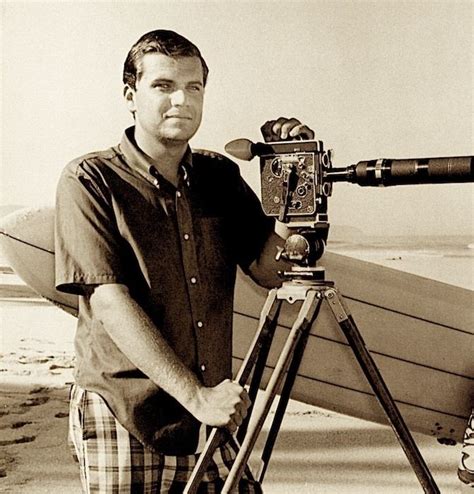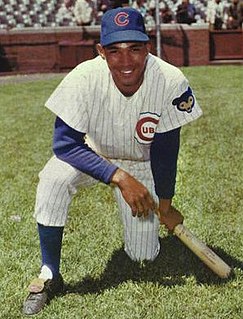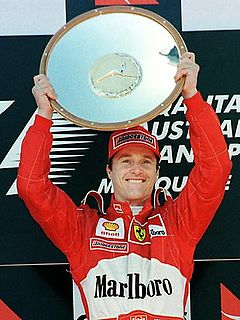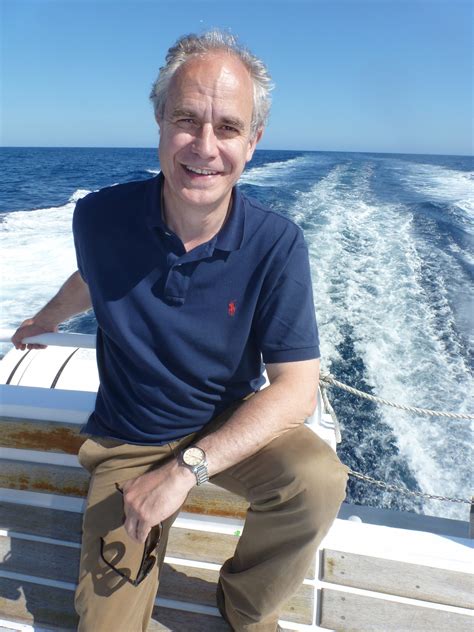A Quote by Yann Arthus-Bertrand
One fifth of human kind depend on fish to live. Today now 70 percent of the fish stock are over-exploited. According to FAO if we don't change our system of fishing the main sea resources will be gone in 2050. We don't want to believe what we know.
Related Quotes
The biggest danger we face is overfishing. We literally could fish out our oceans, some scientists believe, in the next 40, 50, 60 years. We are fishing out the top of the food chain, and it's pretty crucial because about 200 million people depend on fish and fishing for their livelihood, and about a billion people, mostly in poorer countries, depend on fish for their protein. So this is a big problem. Good news is, it's fixable.
[Writing is like fishing]. You don't bow because you made the fish. That's the difference. If you know that, then you bow for your labor.You crafted, you worked, you put in those hours so that you could catch that fish. But you didn't make that fish. You just caught the fish. That will help you stay humble and bow for the right reason and be very lucid about the work you do.
Mobile is a seaport town, and we ate a lot of seafood. We'd go fishing, we'd catch our fish and we'd eat our fish. It was a ritual on Saturday morning for all my family - my grandfather, my brothers, my uncles, my father - to go fishing, and then the ladies of the family would clean the fish and fry them up.
Today's fishing industry supplies land farms with fish as well. Over fifty percent of the fish caught is fed to livestock on factory farms and "regular" farms. It is an ingredient in the enriched "feed meal" fed to livestock. Farm animals, like cows, who by nature are vegans, are routinely force-fed fish as well as the flesh, blood, and manure of other animals. It may take sixteen pounds of grain to make one pound of beef, but it also takes one hundred pounds of fish to make that one pound of beef.
The facts are really not at all like fish on the fishmonger's slab. They are like fish swimming about in a vast and sometimes inaccessible ocean; and what the historian catches will depend, partly on chance, but mainly on what part of the ocean he chooses to fish in and what tackle he chooses to use - these two factors being, of course, determined by the kind of fish he wants to catch. By and large, the historian will get the kind of facts he wants. History means interpretation.
The natives of British Columbia live largely upon the fish which abound in their seas and rivers. If the fish do not come in due season, and the Indians are hungry, A Nootka wizard will make an image of a swimming fish and put it into the water in the direction from which the fish generally appear. This ceremony, accompanied by a prayer to the fish to come, will cause them to arrive at once.
Increasingly, we will be faced with a choice: whether to keep the oceans for wild fish or farmed fish. Farming domesticated species in close proximity with wild fish will mean that domesticated fish always win. Nobody in the world of policy appears to be asking what is best for society, wild fish or farmed fish. And what sort of farmed fish, anyway? Were this question to be asked, and answered honestly, we might find that our interests lay in prioritizing wild fish and making their ecosystems more productive by leaving them alone enough of the time.
